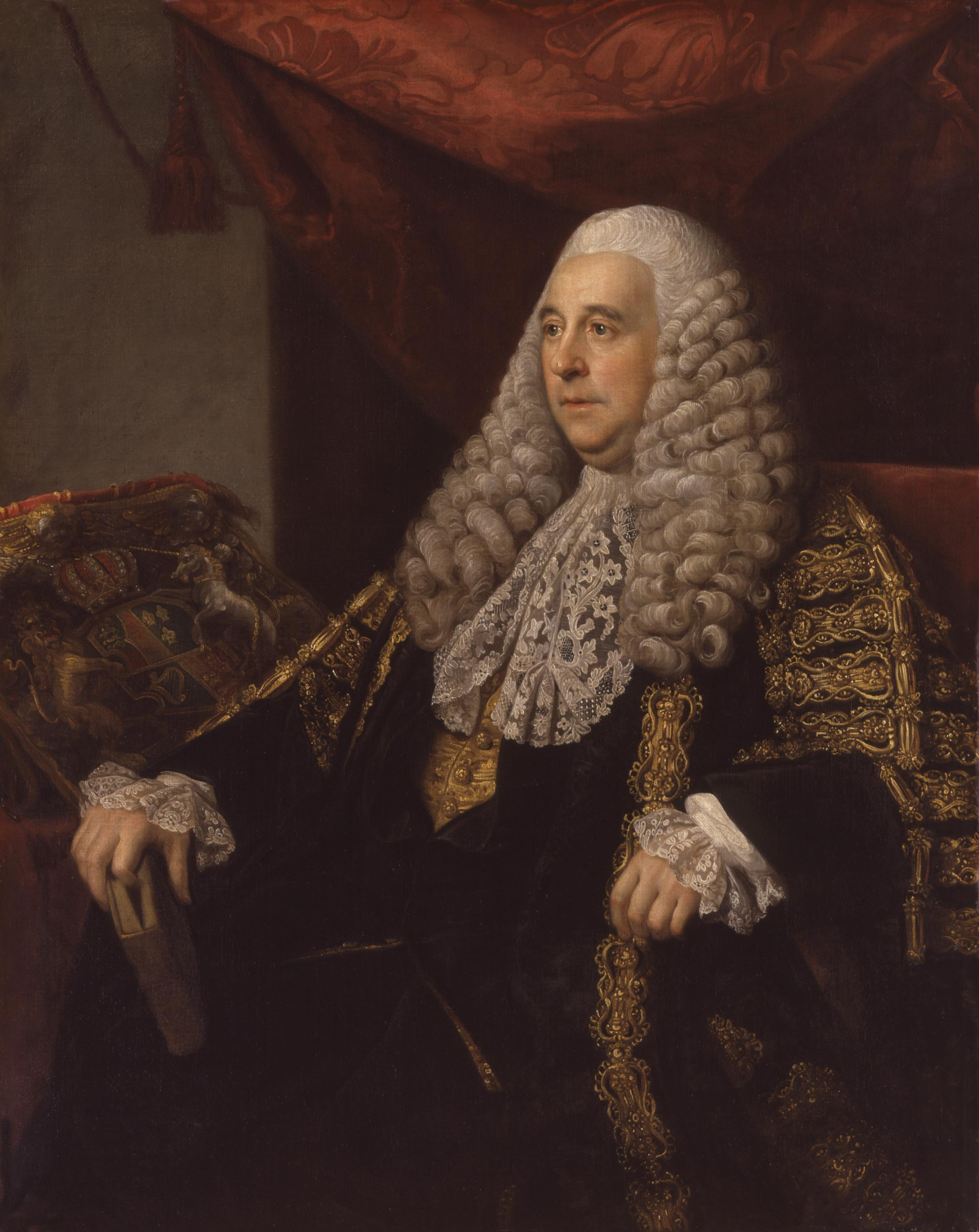Speech in the House of Lords, on the taxation of Americans by the British parliament, 7 March 1766; as reported in The Oxford Dictionary of Quotations (1990), 2nd edn., p. 60.
Famous Charles Pratt, 1st Earl Camden Quotes
“A good corroborating chain, if they fail in the last link, the whole will fall to the ground.”
Wilkes v. Wood (1763), Lofft. 12.
Entick v. Carrington, 19 Howell’s State Trials 1029 (1765), Constitution Society, United States, 2008-11-13 http://www.constitution.org/trials/entick/entick_v_carrington.htm,
Wilkes' Case (1763), 19 How. St. Tr. 1410.
